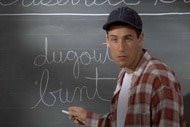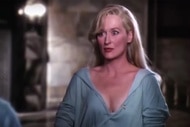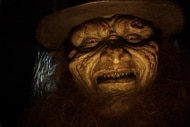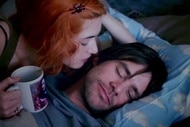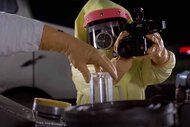Create a free profile to get unlimited access to exclusive videos, sweepstakes, and more!
'Walkabout' remains Lost's most important episode
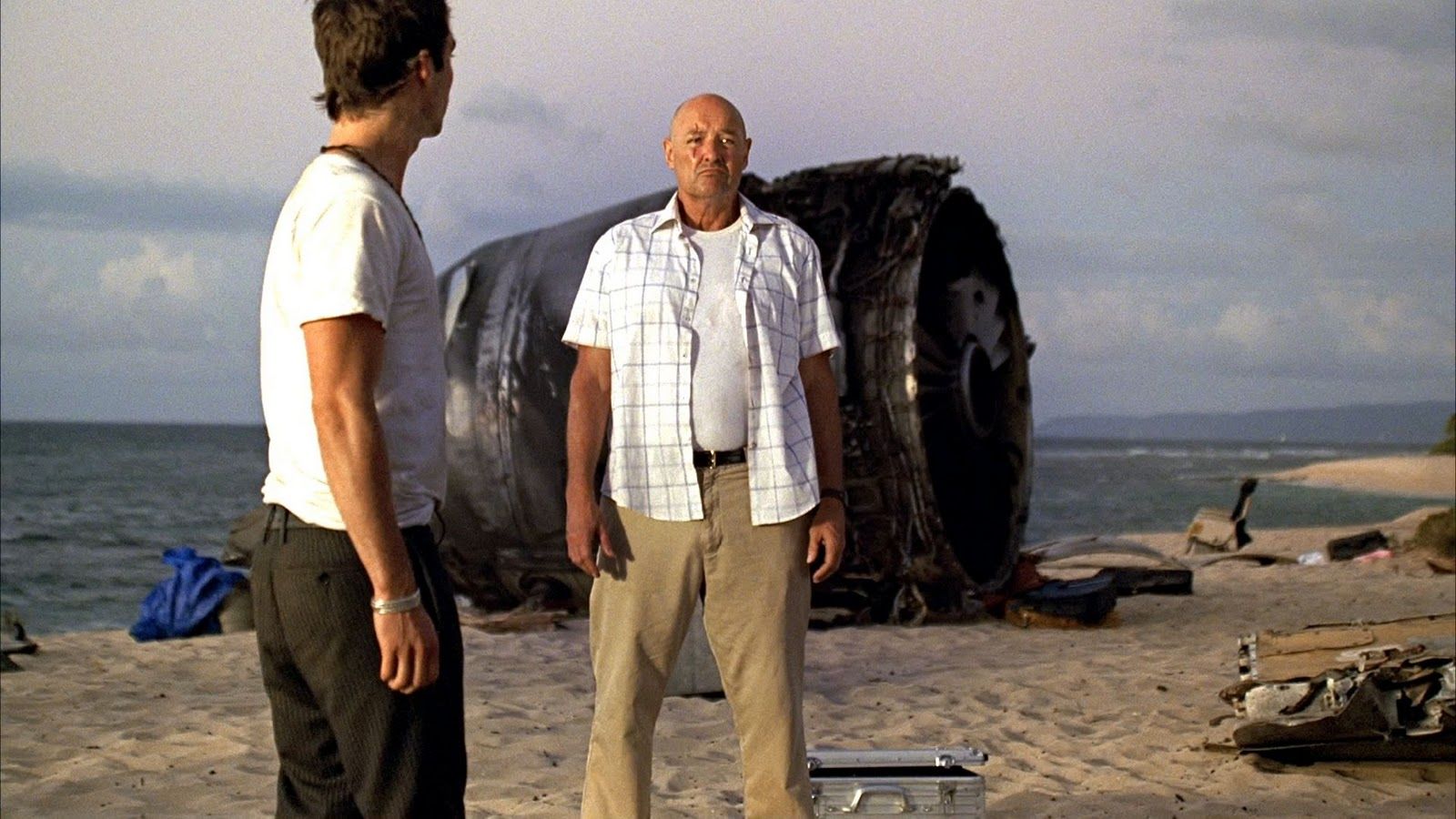
Fifteen years ago, a television show changed how we approached network TV forever. It started with a simple concept — what if you cross Cast Away, Survivor, and Gilligan's Island, and then add some Lord of the Flies to it? The result was a pilot that was universally praised and paved the way for high-budget TV productions like Game of Thrones. In just two hours, Lost changed the game, introducing rich character stories with a large cast, the use of flashbacks to convey important information and of course a smoke monster and a polar bear that would keep audiences intrigued for six seasons.
It was with Episode 3, "Walkabout," that Lost truly cemented itself as a ground-breaking new player in serialized television. This was mostly because it was the first episode to use the flashback format to show that you could still take the audience by surprise and quickly became a litmus test for whether this show was for you — by revealing that John Locke was in a wheelchair before the crash.
As it would become the norm in Lost, the reveal that John Locke was miraculously healed in the Island was treated matter-of-factly and secondary to the character's journey. The flashbacks showed John as he was before getting on the Oceanic 815 flight, working a dull office job where he is belittled by everyone around him. The flashbacks never show Locke's full body, choosing instead to show him either lying in bed or sitting in office chairs.
It isn't until the final moments of the episode, as we flashback to Locke finally venturing out to the Australian walkabout he talked about to his co-workers earlier in the episode, that we hear the tour manager saying Locke can't go on the tour because of "his condition." The manager walks away as Michael Giacchino's melancholic "Locke'd Out Again" track starts playing in the background, and the camera moves far enough away to reveal Locke in a wheelchair before he utters what would become his catchphrase: "don't tell me what I can't do!"
Just as Giacchino's music rises to a crescendo, we cut back to the pilot as John Locke wakes up and finds himself able to move his toes, before Jack quickly calls on him to help out with the survivors of the crash. Then we cut to the present as Locke sees his wheelchair burn with the rest of the fuselage, and the episode ends. It's a quick, over and done with way or presenting the twist without having to explain anything further.
It is not as much about the twist, but about how Locke feels about it. Giacchino's music doesn't start playing with the shot of the wheelchair, but with Locke's desperate attempts to convince the tour manager to let him on the bus, and the crescendo arrives as we see Locke's utterly exhilarated face as he realizes he can walk again. With only two minutes, Lost presents its audience a litmus test for whether the audience could care more about the characters and how they react to the mysteries of the Island rather than the mysteries themselves.
As showrunner and co-creator, Damon Lindelof put it in an interview with Vox, "You get to the end of 'Walkabout' and then you realize, 'Oh my God, this guy was in a wheelchair all the time, and what are the implications of that?' And the show isn't going to openly state what the implications of that are."
Locke certainly has one interpretation, that he went through a religious experience and the Island choose him to be healed, and it informed his character going forward. Through the emotional building to the bombshell of an ending, Lost not only reaffirmed its "characters first" approach to the story, but proved it could use the flashback structure to create huge emotional payoffs that even affected the stories on the Island.
The pilot simply used flashbacks to show what people did immediately before the crash and establish the characters and their immediate problems coming into the Island. Then "Tabula Rasa" introduced the idea of using the flashbacks to explore who these people are individually, while the main story focused on who these people are together, "Walkabout" took things a step further. Of course, what everyone remembers is the huge reveal at the end, but even before that this episode showed us an entirely different side of Locke than what we had seen on the Island.
"This character had been presented as this very sort of mystical figure moving forward," Lindelof told Vox. "I think the thing that we were really excited about was this idea that we were presenting Locke as one thing, as sort of like the hunter, the survivalist, the guy who brought all the knives. But his first flashback was going to show you that he was just a cubicle jockey."
As he goes on to say, the idea was to show the audience that everything we thought we knew about these people or even this show was wrong, and that's how it would be for the rest of the show's run. While "Tabula Rasa" had flashbacks to Kate's life before the Island, we already knew she was a fugitive, so we didn't learn anything new, but "Walkabout" had a huge reveal that changed how people saw the character of John Locke, and it immediately made him an even more fascinating character.
The flashbacks to Locke's wheelchair-bound life also inadvertently reinforced the themes of the previous episode: being able to rewrite your life to be exactly what you want it to be. The previous episode had Jack choosing to keep Kate's criminal past a secret, allowing her to become a new person on the Island, and then "Walkabout" took this idea and ran with it. It retroactively recontextualized the plane crash to be not a horrific and death-filled ordeal with fire and blood-curdling screams, but, by showing it to us again from Locke's perspective, instead presented it as a tragic yet magical birthing scene wherein a disabled man regains the ability to walk.
The episode was a rebirth. It turned this low-level box company employee into a boar-killing hunter with a briefcase full of knives. In just a couple of seconds, it introduced the idea that the Island may not be the hell many of the survivors thought it would be, but a salvation for many of them who would never want to leave the place. It also turned Locke, the man who believed in destiny and spent his entire life searching for that destiny that had being seemingly taken away from him time and time again, into a blind believer of the powers of the Island that would inform the rest of his character arc.
The episode also expands its scope from the previous one by showing what everyone else is doing: Sayid is trying to track down the French woman's transmission, Jack and Rose talk about her presumed-dead husband, and Claire is organizing a memorial for the people who died in the crash. It's a simple way of showing the audience that, while each episode is going to focus on a particular character, Lost is about the community that the survivors are building and how they live together if they didn't want to die alone.
When it aired on ABC, "Walkabout" matched the viewership record established by the pilot, and set a precedent for what Lost would be about: characters finding themselves through community on an Island, about mysteries that would inform the character-driven stories, and a storytelling structure that no one has been able to replicate just yet. At the time, Lost may have been seen as a huge risk, but this episode proved that you can't tell the show what it can't do.
